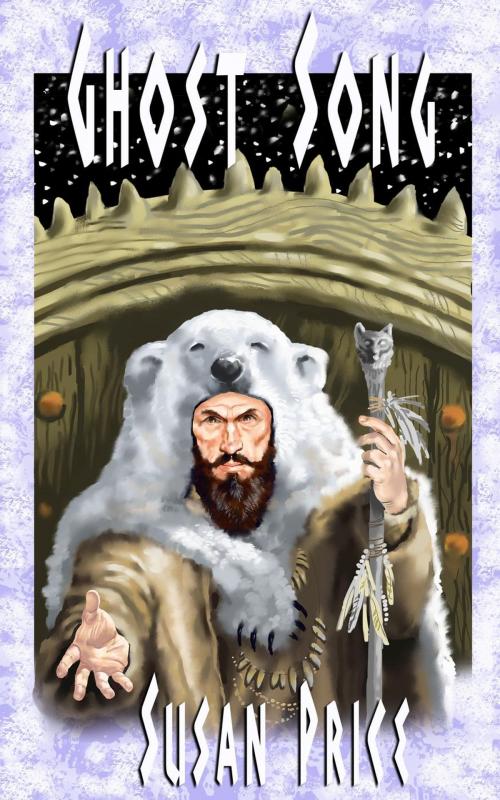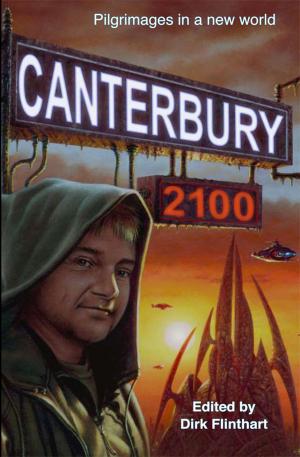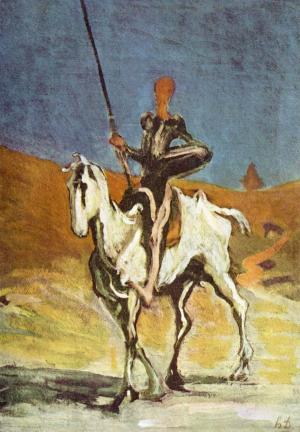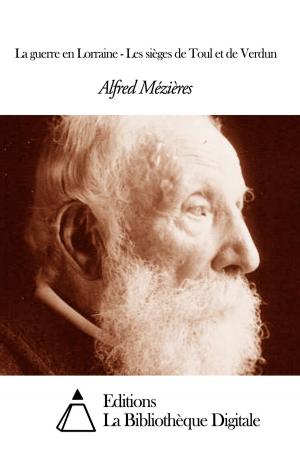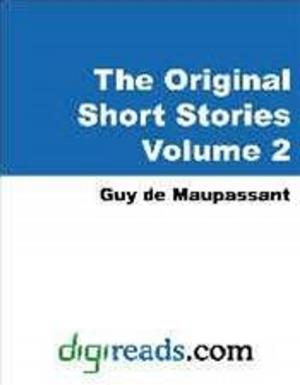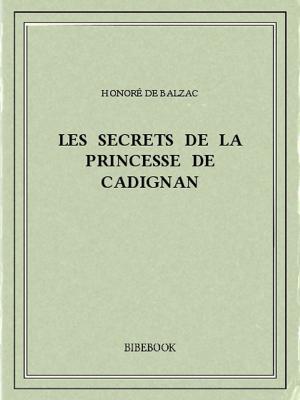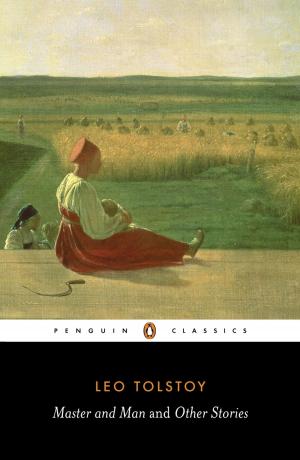Ghost Song
The Ghost World Sequence, #2
Science Fiction & Fantasy, Historical, Fiction & Literature, Classics| Author: | Susan Price | ISBN: | 9781497794009 |
| Publisher: | Susan Price | Publication: | October 8, 2013 |
| Imprint: | Language: | English |
| Author: | Susan Price |
| ISBN: | 9781497794009 |
| Publisher: | Susan Price |
| Publication: | October 8, 2013 |
| Imprint: | |
| Language: | English |
Ghost Song:
Book 2 of the Ghost World Sequence
164 pages 381 kb
At white midnight, on the endless midsummer night of the far north, Kuzma the bear shaman, enters a house in a remote village.
Only Malyuta, a slave and hunter, is awake, standing watch over his new-born son.
The shaman demands the baby for his apprentice.
Throughout the long summer night the hunter refuses to give up his son, resisting every argument, every bribe, every threat. "I am not a czar, to buy and sell my children!”
The shaman leaves at last, and Malyuta names his son ‘Ambrosi’ meaning ‘Immortal’ – “because, to me, he’ll always be immortal.” When his wife dies, the child is all he has left of her.
Thwarted, the bear-shaman takes out his spite on a family of reindeer-people, threatening to take a child from them. They defy him, and he curses them with ‘everlasting change.’ Every night, they will become wolves.
In the far north, the night is six months long.
Malyuta leaves his adored child in the care of his grandparents, but as the child grows, the villagers begin to fear him. He tells stories with a power that turns them into spells. The villagers refuse to have the child among them any more. Malyuta is forced to take him on the hunt.
In the wilderness, Malyuta learns that the bear-shaman never let Ambrosi go, but walks in his dreams.
Kuzma comes to Ambrosi again, when the boy is full-grown, demanding that he fulfill his destiny and become a shaman. Ambrosi refuses to leave his elderly father alone.
Kuzma calls on the people he turned into wolves. promising to free them from the curse if they will force Ambrosi to his will.
Ambrosi must choose to learn the shaman's road from one he hates, or let his father's spirit blow to pieces and be lost in the Arctic wind...
REVIEWS
The beauty of the descriptive language of this tragic tale adds to the folkloric quality of the story – which incorporates the Norse myth of the death of Balder – leaving a haunting memory for the reader. – The Horn Book
Like the previous book, this one has the feel and flavour of old folktales, specifically those from northern Europe. There is a purity and a beauty to the language: every word, every phrase, is perfectly placed, like an exquisite ice sculpture. S M Harding, Mesquite Public Library.
Do you remember, asks the narrator-cat...how the jealous shaman Kuzma killed the witch Chingis, and in the end spent his days as a hammer, pounding an anvil? That was another tale (Ghost Drum,). Here, Kuzma claims as his apprentice Ambrosi, born "sable, snow and blood," as his trapper father, Malyuta (slave to the czar), wished. But though Kuzma woos him in dreams and his extraordinary storytelling gift marks him as a born shaman, Ambrosi refuses.... Meanwhile, Kuzma curses a tribe of reindeer people, transforming them into wolves who kill Malyuta, thus luring Ambrosi into the Ghost World to release Malyuta's spirit and break the spell on the few surviving Lapps. Still, Ambrosi refuses to be Kuzma's apprentice... Price's language retains the power and poetry of the earlier story, which won a Carnegie. But if Ghost Drum was a mosaic of jagged passions picked out in gold and vivid color, this is a starkly mythic tale in midnight black, icy white, and blood-red. Powerful, amoral, and capricious, Kuzma is thwarted by Ambrosi's native integrity and his love for his father, but there's little hint here of redemption. A dark, enigmatic tale, product of a powerful imagination. (Kirkus Reviews)
Ghost Song:
Book 2 of the Ghost World Sequence
164 pages 381 kb
At white midnight, on the endless midsummer night of the far north, Kuzma the bear shaman, enters a house in a remote village.
Only Malyuta, a slave and hunter, is awake, standing watch over his new-born son.
The shaman demands the baby for his apprentice.
Throughout the long summer night the hunter refuses to give up his son, resisting every argument, every bribe, every threat. "I am not a czar, to buy and sell my children!”
The shaman leaves at last, and Malyuta names his son ‘Ambrosi’ meaning ‘Immortal’ – “because, to me, he’ll always be immortal.” When his wife dies, the child is all he has left of her.
Thwarted, the bear-shaman takes out his spite on a family of reindeer-people, threatening to take a child from them. They defy him, and he curses them with ‘everlasting change.’ Every night, they will become wolves.
In the far north, the night is six months long.
Malyuta leaves his adored child in the care of his grandparents, but as the child grows, the villagers begin to fear him. He tells stories with a power that turns them into spells. The villagers refuse to have the child among them any more. Malyuta is forced to take him on the hunt.
In the wilderness, Malyuta learns that the bear-shaman never let Ambrosi go, but walks in his dreams.
Kuzma comes to Ambrosi again, when the boy is full-grown, demanding that he fulfill his destiny and become a shaman. Ambrosi refuses to leave his elderly father alone.
Kuzma calls on the people he turned into wolves. promising to free them from the curse if they will force Ambrosi to his will.
Ambrosi must choose to learn the shaman's road from one he hates, or let his father's spirit blow to pieces and be lost in the Arctic wind...
REVIEWS
The beauty of the descriptive language of this tragic tale adds to the folkloric quality of the story – which incorporates the Norse myth of the death of Balder – leaving a haunting memory for the reader. – The Horn Book
Like the previous book, this one has the feel and flavour of old folktales, specifically those from northern Europe. There is a purity and a beauty to the language: every word, every phrase, is perfectly placed, like an exquisite ice sculpture. S M Harding, Mesquite Public Library.
Do you remember, asks the narrator-cat...how the jealous shaman Kuzma killed the witch Chingis, and in the end spent his days as a hammer, pounding an anvil? That was another tale (Ghost Drum,). Here, Kuzma claims as his apprentice Ambrosi, born "sable, snow and blood," as his trapper father, Malyuta (slave to the czar), wished. But though Kuzma woos him in dreams and his extraordinary storytelling gift marks him as a born shaman, Ambrosi refuses.... Meanwhile, Kuzma curses a tribe of reindeer people, transforming them into wolves who kill Malyuta, thus luring Ambrosi into the Ghost World to release Malyuta's spirit and break the spell on the few surviving Lapps. Still, Ambrosi refuses to be Kuzma's apprentice... Price's language retains the power and poetry of the earlier story, which won a Carnegie. But if Ghost Drum was a mosaic of jagged passions picked out in gold and vivid color, this is a starkly mythic tale in midnight black, icy white, and blood-red. Powerful, amoral, and capricious, Kuzma is thwarted by Ambrosi's native integrity and his love for his father, but there's little hint here of redemption. A dark, enigmatic tale, product of a powerful imagination. (Kirkus Reviews)
